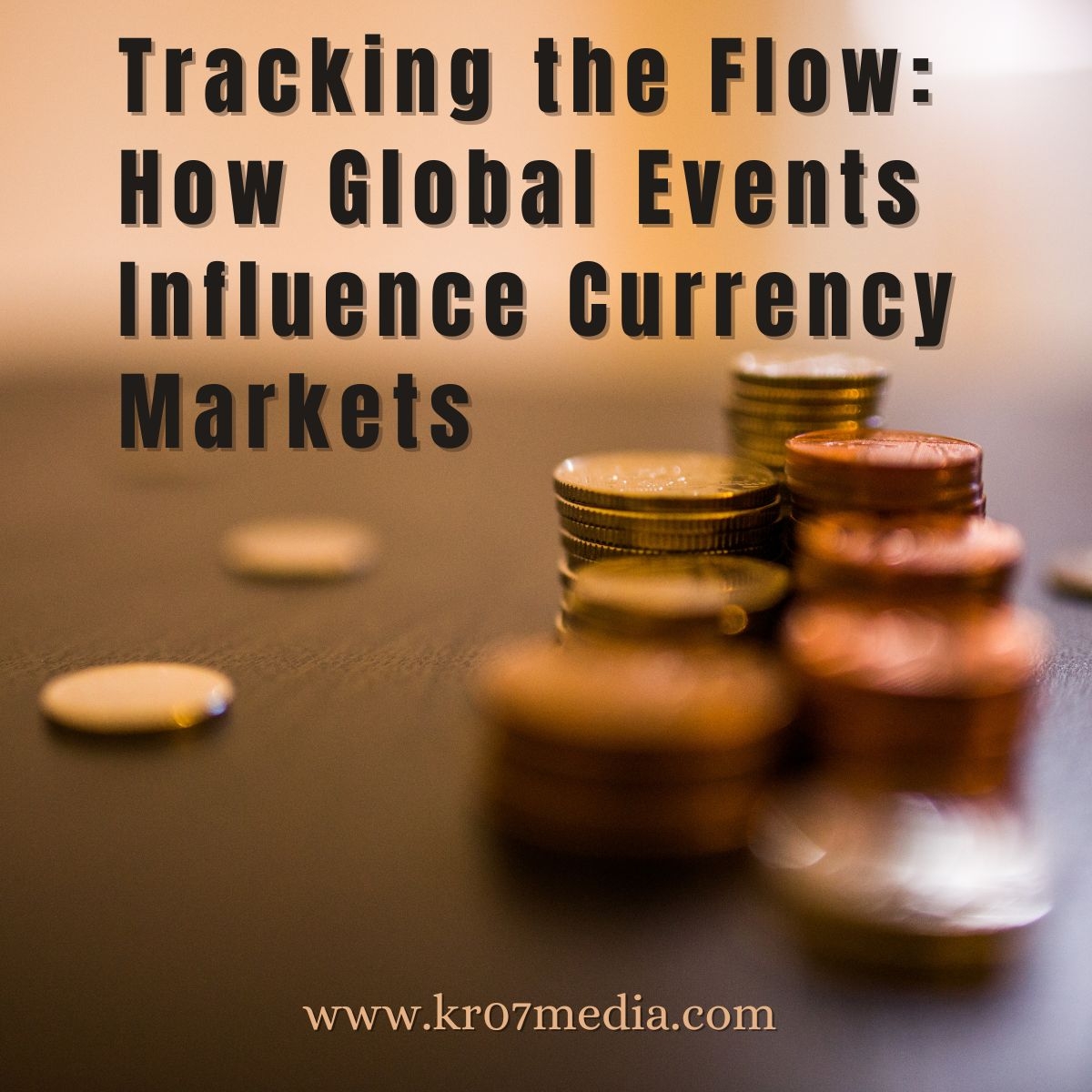The currency markets, or forex markets, are among the most dynamic and responsive financial arenas in the world. Trillions of dollars change hands daily, and the value of currencies fluctuates constantly based on a myriad of factors. Central to this ebb and flow are global events—political shifts, economic data releases, geopolitical tensions, and natural disasters—all of which can exert significant influence on currency valuations. Understanding how these global events impact currency markets is crucial for traders, investors, and policymakers alike.
Political Shifts and Elections
Political stability is a cornerstone of economic confidence. Major political events, such as elections, can lead to significant currency volatility. For instance, the unexpected outcome of the Brexit referendum in 2016 caused the British pound to plummet as uncertainty gripped investors. Similarly, the election of a new president in a major economy, like the United States, can lead to shifts in economic policy that affect the strength of the dollar. Policies related to trade, taxation, and international relations all play pivotal roles in shaping investor sentiment and, consequently, currency values.
Economic Data Releases
Regularly scheduled economic data releases are among the most anticipated events in the forex market. Data such as GDP growth rates, employment figures, inflation statistics, and manufacturing indexes provide insights into the health of an economy. For example, higher-than-expected inflation in the U.S. often leads to speculation that the Federal Reserve will raise interest rates, which tends to boost the dollar as higher rates attract foreign capital. Conversely, weak employment data might suggest economic sluggishness, leading to a depreciation of the currency.
Geopolitical Tensions
Geopolitical events, such as conflicts, trade wars, and diplomatic standoffs, can have profound impacts on currency markets. Tensions between major economies often lead to risk aversion among investors, who flock to safe-haven currencies like the U.S. dollar, Swiss franc, and Japanese yen. The U.S.-China trade war, for instance, saw significant market movements as tariffs and trade restrictions disrupted global supply chains and economic forecasts. Currency traders closely monitor such geopolitical developments to gauge potential market shifts.
Natural Disasters and Environmental Events
Natural disasters can disrupt economies, particularly those that are heavily reliant on certain industries. A severe hurricane impacting the Gulf of Mexico, for example, can disrupt oil production, influencing the value of the U.S. dollar and other currencies tied to oil exports. Similarly, environmental events such as droughts or floods can affect agricultural outputs, impacting currencies in countries where agriculture is a significant part of the economy. The COVID-19 pandemic is a stark example of how a global health crisis can lead to widespread economic disruptions and currency fluctuations.
Central Bank Policies
Central banks play a crucial role in currency markets through their monetary policy decisions. Interest rate changes, quantitative easing programs, and other monetary tools directly impact currency values. For example, when the European Central Bank implements negative interest rates to stimulate growth, the euro may weaken as investors seek higher returns elsewhere. Central banks also use foreign exchange interventions to stabilize their currencies, further illustrating the interplay between policy and market movements.
Market Sentiment and Speculation
Market sentiment, driven by a combination of the factors mentioned above, can often lead to speculative trading. Traders’ perceptions and anticipations of future events can cause significant currency movements even before the actual events unfold. Speculative attacks, where traders massively sell off a currency expecting a decline, can lead to self-fulfilling prophecies. This was evident during the Asian financial crisis in the late 1990s when speculative trading exacerbated the depreciation of several Asian currencies.
Conclusion
The forex market is a complex, interwoven system influenced by a wide array of global events. Political developments, economic indicators, geopolitical tensions, natural disasters, and central bank policies all play critical roles in shaping currency values. For those involved in currency trading or global finance, staying informed about these events is essential. By tracking the flow of global events and understanding their potential impacts, stakeholders can better navigate the turbulent waters of the currency markets.



